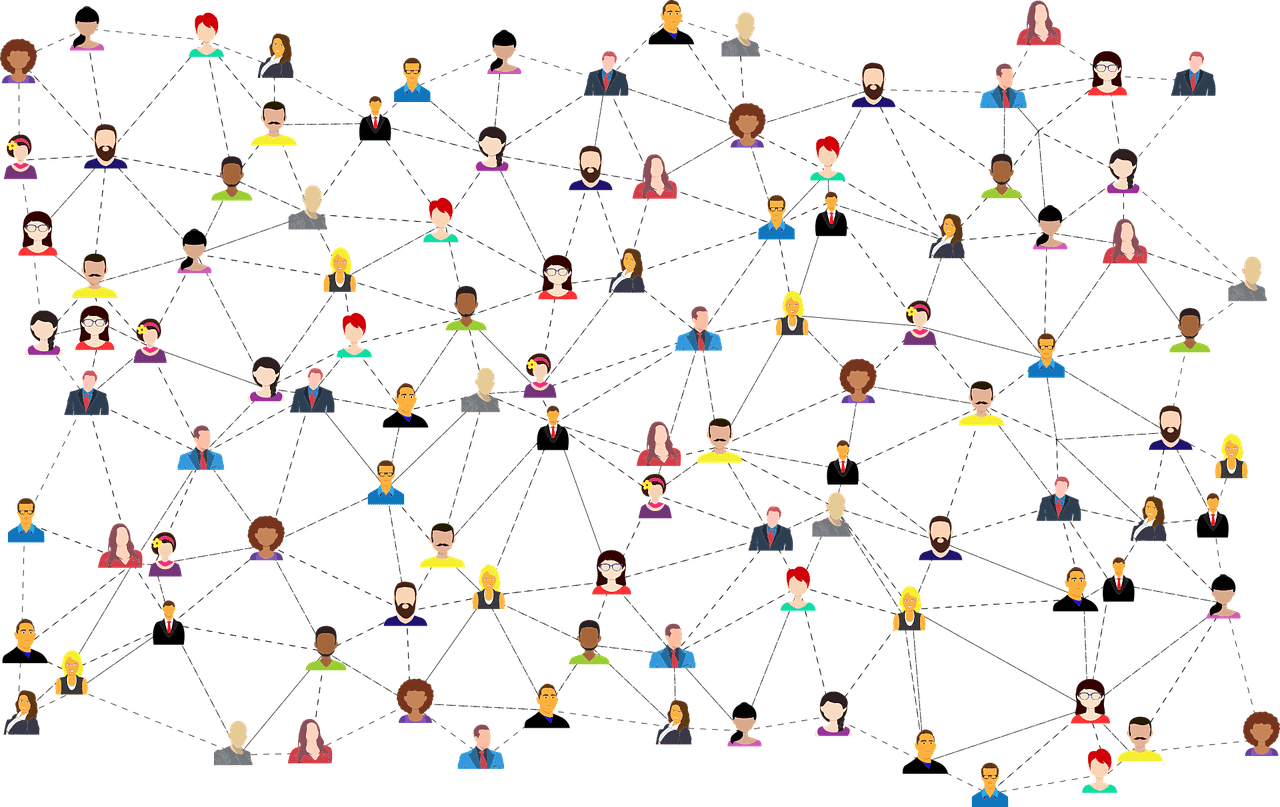Vodafone and Energy Web to Track Energy Assets with Blockchain and IoT
Non-profit blockchain organization Energy Web and global communications company Vodafone Business have declared a partnership to provide energy assets secure digital IDs and track their use and connections within energy grids. They will join SCB (SIM-centric blockchain technology) with the IoT (Internet-of-Things technology. Vodafone’s IoT focus as Vodafone Business IoT now claims over 100 million connections, its global connectivity, and similar technology to mobile phone SIM cards will be utilized with the Energy Web Decentralized Operating System (EW-DOS).
Energy Web started its open-source enterprise blockchain platform for the energy sector in 2019, Energy Web Chain. This project began to encompass EW-DOS, which is a, as per Energy Web, “blockchain plus,” suite of decentralized solutions. Energy Web has also produced an energy blockchain ecosystem that includes utility companies, grid operators, and energy buyers, and developers. The organization’s focus is to stimulate “a low-carbon, customer-centric electricity system by unleashing the potential of blockchain and other decentralized technologies.”
Vodafone Business is Energy Web’s first telecoms associate. The project intends to enhance the combination of energy assets, like turbines and solar panels, utilizing IoT connectivity and blockchain, particularly SCB technology. This new SIM-centric technology will render energy assets secure digital IDs indicating energy grid stakeholders can recognize, track, validate, and manage energy equipment and assets within smart grids. As per the Energy Web announcement: “The ability to identify and validate distributed-generation assets in the smart grid is essential to maintain its stability.”
Vodafone already provides smart metering and smart grid solutions to the energy sector. Erik Brenneis, Vodafone Business IoT director, said in a statement, “As the number of decentralized, new-generation, low-carbon devices grows, so does the need for them to be securely connected regardless of their location.” Walter Kok, CEO of Energy Web, adds, “from our perspective, the energy sector can only evolve so fast and so far without taking into account IoT connectivity.” Kok said in a statement, “We can hook up through [the SIM], we don’t have to do anything, just download the software from Voda, and it’s connected to the chain and has its own identity; because that’s the beauty of it.”
Blockchain’s advantages in securing and enhancing supply chains and processes are again being used in the energy sector, one of the primary use cases for distributed ledger technology. Blockchain’s secure traceability and permissioned real-time accessibility present an untapped potential to a developing and increasingly digital energy industry. Blockchain is also being trialed in the energy sector to deliver P2P energy trading platforms to trace renewable energy generation and to promote renewable energy consumption.
Stay informed with daily updates from Blockchain Magazine on Google News. Click here to follow us and mark as favorite: [Blockchain Magazine on Google News].
Get Blockchain Insights In Inbox
Stay ahead of the curve with expert analysis and market updates.
latest from tech
Disclaimer: Any post shared by a third-party agency are sponsored and Blockchain Magazine has no views on any such posts. The views and opinions expressed in this post are those of the clients and do not necessarily reflect the official policy or position of Blockchain Magazine. The information provided in this post is for informational purposes only and should not be considered as financial, investment, or professional advice. Blockchain Magazine does not endorse or promote any specific products, services, or companies mentioned in this posts. Readers are encouraged to conduct their own research and consult with a qualified professional before making any financial decisions.

 Bitcoin
Bitcoin  Ethereum
Ethereum  XRP
XRP  Tether
Tether  Solana
Solana  Dogecoin
Dogecoin  USDC
USDC  Cardano
Cardano  Lido Staked Ether
Lido Staked Ether  TRON
TRON  Avalanche
Avalanche  Stellar
Stellar  Sui
Sui  Wrapped stETH
Wrapped stETH  Chainlink
Chainlink  Toncoin
Toncoin  Shiba Inu
Shiba Inu  Wrapped Bitcoin
Wrapped Bitcoin  Hedera
Hedera  Content Bitcoin
Content Bitcoin  Polkadot
Polkadot  WETH
WETH  Bitcoin Cash
Bitcoin Cash  LEO Token
LEO Token  Litecoin
Litecoin  Uniswap
Uniswap  Hyperliquid
Hyperliquid  Bitget Token
Bitget Token  Pepe
Pepe  Wrapped eETH
Wrapped eETH  USDS
USDS  NEAR Protocol
NEAR Protocol  Ethena USDe
Ethena USDe  Aptos
Aptos  Internet Computer
Internet Computer  Aave
Aave  POL (ex-MATIC)
POL (ex-MATIC)  Ethereum Classic
Ethereum Classic  Render
Render  Cronos
Cronos  Monero
Monero  Mantle
Mantle  MANTRA
MANTRA  Virtuals Protocol
Virtuals Protocol  Algorand
Algorand  Bittensor
Bittensor  Dai
Dai 



